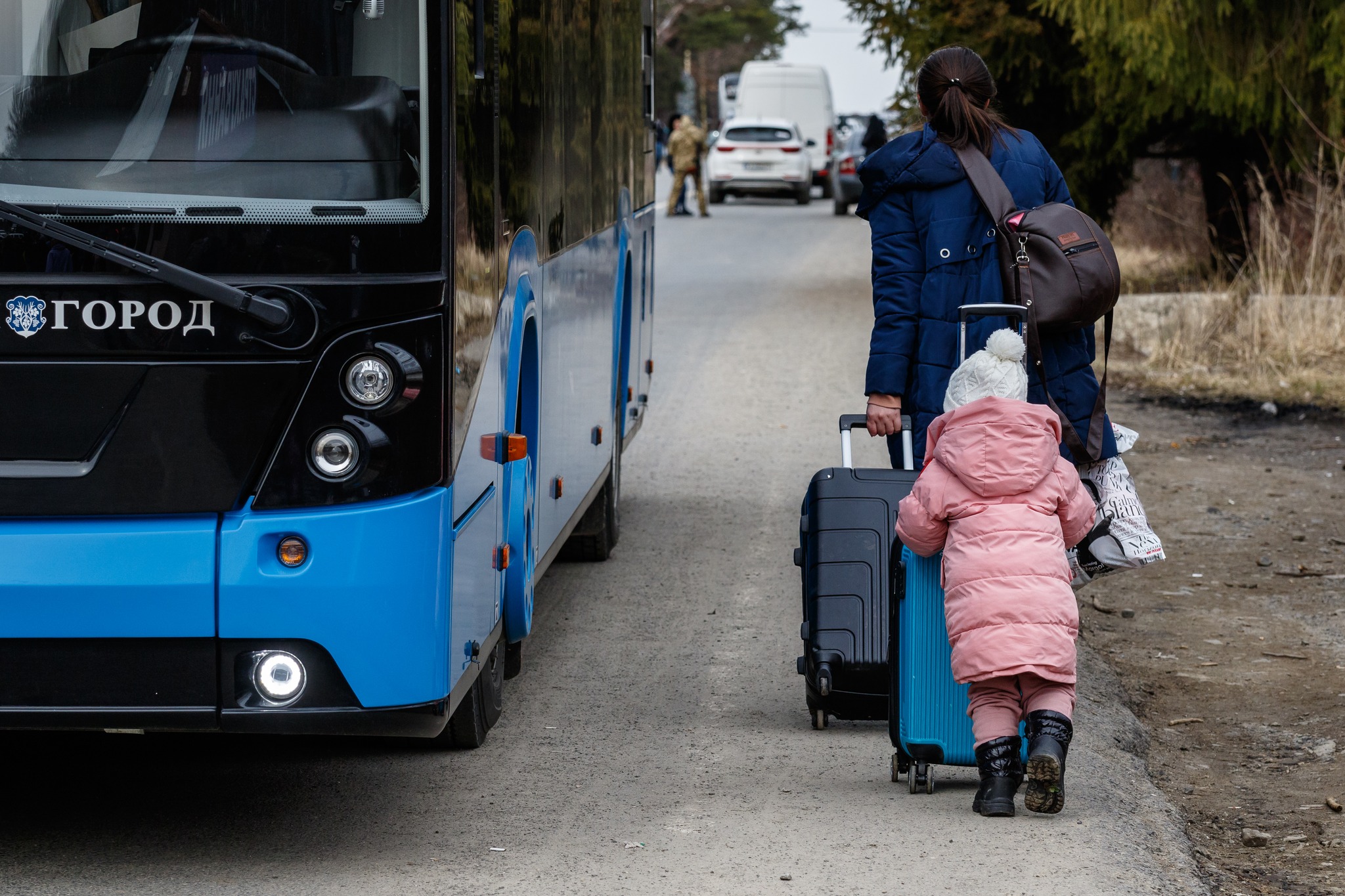Germany’s lower house of parliament, the Bundestag, has passed legislation suspending family reunification for migrants who hold subsidiary protection status rather than full refugee status, Reuters reported on 27 June.
The upper house, the Bundesrat, is expected to approve the bill in July, after which it will take effect.
Interior Minister Alexander Dobrindt said the new law is necessary because Germany’s integration capacity, particularly in education, childcare and housing construction, has reached its limits.
“Immigration must have limits, and we are reflecting that politically,” he told the Bundestag during a heated debate ahead of Friday’s vote.
Dobrindt noted that suspending family reunification will help curb illegal migration, where one family member travels to Germany in advance to later bring others. The current legal framework caps the number of visas issued to the close family of refugees under subsidiary protection to 1,000 a month. Suspending the right of family reunification would therefore lead to 12,000 fewer people immigrating to Germany each year, according to Dobrindt.
Germany currently hosts about 388,000 refugees with “subsidiary protection status”, a form of international protection granted to people who do not qualify as refugees but who still face a real risk of serious harm if returned to their home country. The majority of those holding this status are Syrians.
In April, Friedrich Merz announced his intention to reduce the number of new asylum seekers in the country to fewer than 100,000 people per year. According to the Central Register of Foreigners, Germany recorded a new record in September 2024: 3.48 million people have refugee status, asylum seeker status, or are candidates who remain in the country due to inability to deport them. This is 60,000 more than at the end of 2023 and represents the highest figure since the 1950s.
As of early 2025, Germany hosts approximately 1.18 to 1.25 million Ukrainian refugees, making it the European country with the highest number of Ukrainians who have fled the war. This figure represents nearly 28% of all Ukrainian refugees in the European Union.
Read also:
- Russia concentrates 111,000 troops for breakthrough in this hottest sector of Ukraine’s front
- Ukraine has done its part for accession talks start, now it’s EU’s turn, Leyen says
- Ukrainian team unveils interceptor drone that climbs to 11 km altitude (video)




